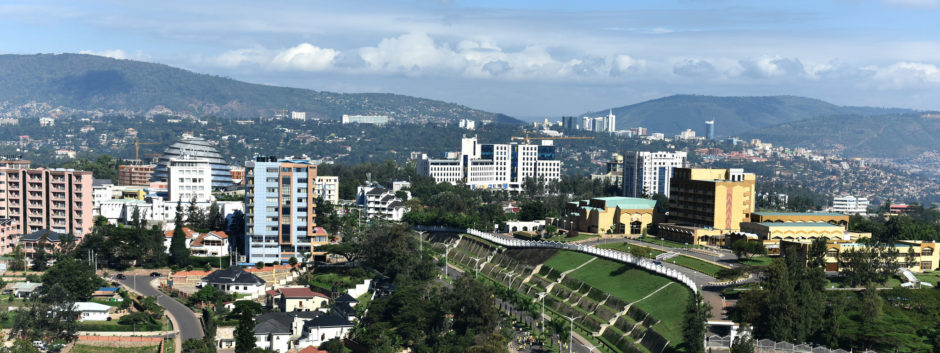
China has signed a concessional loan, via China Exim Bank, to support a hydropower plant in Rwanda.
The Chinese government signed the deal with Rwanda to provide a loan, worth up to $214 million, for the Nyabarongo II facility. This will have three parts: a 43.5 MW power plant, a substation and a 110 Kv transmission line. The power line will run from the plant to the Rulindo sub-station.
Construction will take 56 months and will provide employment for more than 700 locals at peak work on the site. Electrical and electromechanical equipment will be imported, but all other components will be supplied domestically.
A statement on the deal said this would play a part in driving Rwanda’s goal to achieve universal electrification, which would put it among the first in Africa. It is also working on a plan to reduce traditional cooking fuels to under 50%, the Ministry of Finance and Economic Planning said.
Rwanda has current generation capacity of 224 MW. “Combined with the pipeline of power projects, Nyabarongo II will increase grid generation capacity to an estimated 513.5 MW,” Rwandan Minister of Finance and Economic Planning Uzziel Ndagijimana said. Signing on behalf of China was the country’s ambassador to Rwanda Rao Hongwei.
The East African state’s NST1 sets a target of achieving 564 MW of capacity. The minister said the country was also planning on replacing around 15% of existing capacity, which is provided by diesel-run generators. The plan intends to achieve 100% electrification by 2024. In 2017, this was estimated at 34.5%.
Ndagijimana held talks with the head of the Exim Bank during 2019, as part of a delegation to Beijing for the Forum on China African Co-operation (FOCAC). The Nyabarongo II plant was discussed
Other hydropower plants under construction include the Rusizi III, which will provide 49 MW to Rwanda, while Rusumo will provide 27 MW. These two plants are shared with neighbouring countries.
The Hakan peat to power and Symbion methane plant will provide 80 MW and 50 MW each, while another 40 MW will come from a range of small-scale plans.
The World Bank signed a $125mn credit agreement with Rwanda on expanding access to power, in September 2019.
Rwanda’s relationship with China has been framed as a “debt trap”, a characterisation the country rejects. A statement from the ministry last year said Chinese loans represented less than 5% of Rwanda’s debt, with support coming from a number of sources, including the African Development Bank, the Middle East and Japan.

